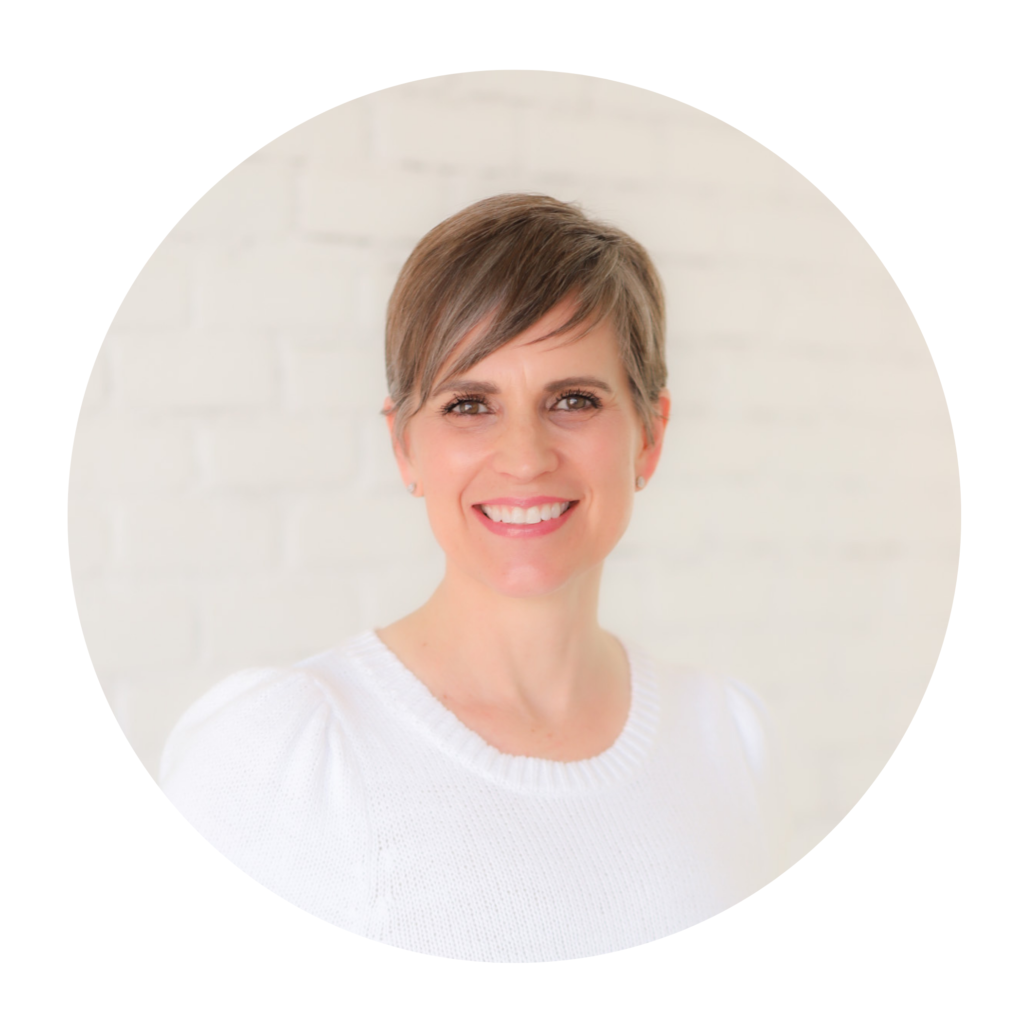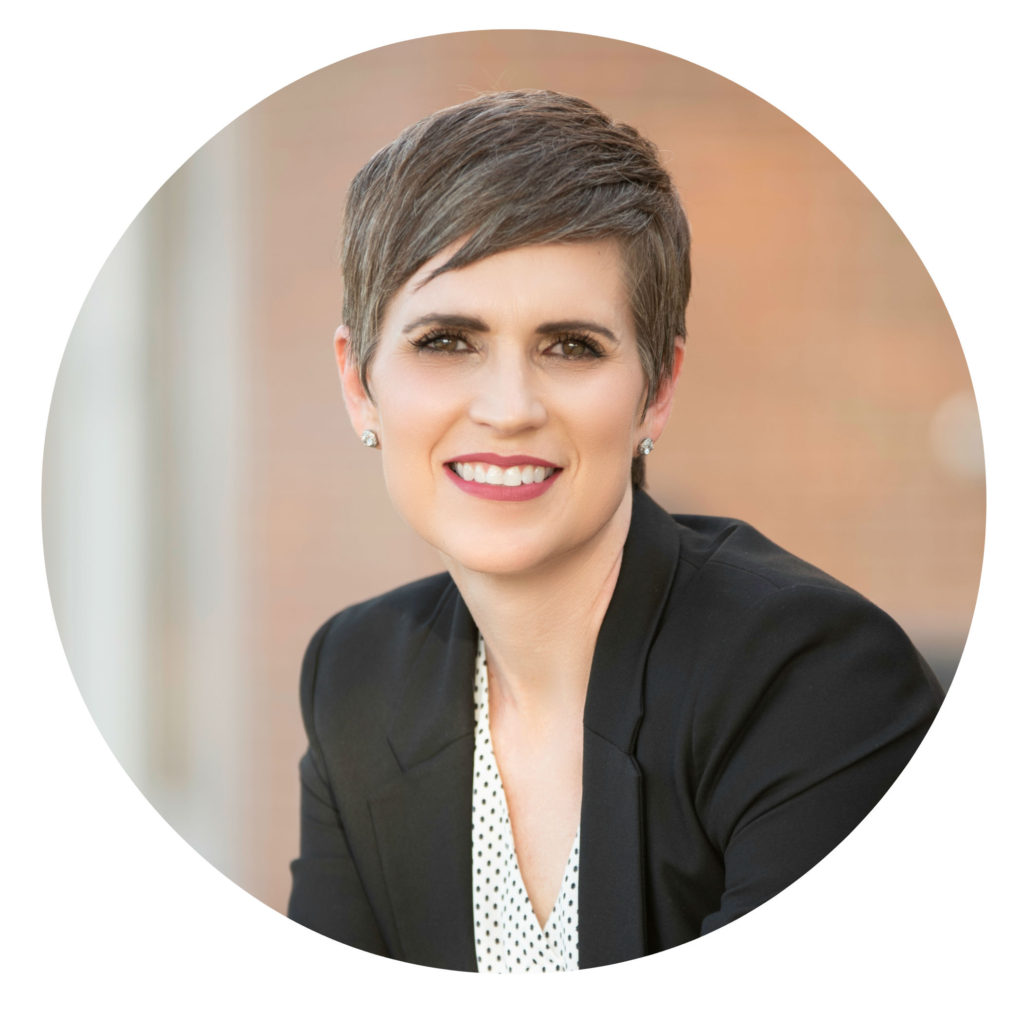In our anxiousness to create meaningful and lasting relationships with a spouse, children, parents, siblings and friends it’s all too easy to neglect the most important relationship of all: the relationship we have with ourself.
The relationship you have with yourself determines everything.
A positive relationship with yourself is the foundation for your whole world! While at first this may seem counter intuitive, having a good relationship with yourself improves all of your relationships.
Yes, all of your relationships.
You owe it to yourself to make your relationship with you the most beautiful, most loving, and most important relationship in your life. Everyone benefits when this relationship is thriving. You will do more good in the world, and be more available to serve and help fill the needs of others when you build and strengthen the relationship you have with yourself first.
“You yourself, as much as anybody in the entire universe, deserves your love and affection.”
Buddha
When most people begin considering a serious relationship with themselves, they believe it will require too much time or money. The kind of relationship I am suggesting doesn’t require any more time than you already have, and is absolutely free.
It does however require effort.
The beginning of any successful relationship starts with knowing who you are in a relationship with.
Get to know yourself.
Not the you that you pretend to be for others, but the real you. Get interested in who you are.
Too often we push aside our thoughts, make excuses for our behavior, and hide from ourselves under the guise of taking care of the needs of others (family members, work, community, etc).
You need to know what your needs are and how they are best met. That requires you to pay attention to your thoughts, habits, behaviors and that you notice what you need.
I know it can be scary to see yourself for who you are. You’ve done a remarkable job hiding from yourself.
Here’s the truth: there is nothing to be afraid of. It’s time you find out.
Yes, there will be some things you’d rather not uncover, but those are exactly the things you need to reveal to yourself. Nobody has happy-positive thoughts all of the time. Most of us have bizarre, embarrassing, and horrible thoughts on a regular basis. It’s part of how we are wired, and normal.
Maybe this is the first time you have read this: you are not your thoughts.
A great way to disconnect “you” from your thoughts is through writing. Journaling can be an effective way to listen to yourself and become the “observer” of your thoughts. If something is bothering you or on your mind, let it out. Give your thoughts over to the paper, and let them flow freely.
There is no wrong way to do this. Just start writing.
Be curious about your thoughts. They aren’t meant to be well-stated, smart, or entertaining (although sometimes they might). Many of them may be petty, angry, weird, or seemingly unimportant – write them all. The purpose is to give your thoughts a place to land outside of you where you can see them in the light of day as they are, not cleaned up and pretty.
Writing is my preferred method, but other options could include prayer, meditation, and exercise (without audio inputs). The goal is to be alone with your own thoughts and let them run free without judgement or censor.
Becoming aware of your thinking is not something that can be short-cut or out-sourced. It isn’t a one-and-done exercise. It is a practice that over time will allow you to know yourself more fully and give you important insights into your life.
Be a friend to yourself.
Most people have a toxic, cruel, or harmful relationship with themselves.
“We have to learn to be our own best friends because we fall too easily into the trap of being our own worst enemy.”
Roderick Thorp
What are the attributes you look for in a friend?
- Someone you can count on.
- Someone who is kind even when you make a mistake.
- Someone who values your opinion.
- Someone who appreciates you.
- Someone who respects you.
- Someone who will make time for you.
- Someone who will inspire and encourage you.
- Someone who you enjoy being with.
- Someone who loves you just the way you are.
- Someone who will tell you the truth.
These are all things you need to be doing for yourself.
Pay attention to how you talk to yourself. Are you kind or cruel? Are you critical or compassionate? No one likes to be talked down to and if it happens enough we instinctively protect ourselves by avoiding whoever is talking down to us.
“If I had a friend who spoke to me this way, would I still be friends with this person?”
If you tend to speak harshly to yourself (out loud or in your head), pay attention. Notice when you are doing it. Write down your thoughts. How do you feel? What do you want to do when you are thinking those thoughts, and feeling that way?
This is the beginning of identifying unconscious patterns of thinking, feeling, and acting that create your experience with your life. This pattern is commonly referred to as The Model. You can learn more about The Model and get a worksheet to practice with here.
How you talk to yourself is important. Make it the way you would talk to someone else that you love and want to have a healthy relationship with.
Establish basic self-care habits.
Self-care is a lot more than just taking a break, bubble baths, a night out with the girls, spa days, or mani/pedi’s. Those things are great! But, there is another dimension of self-care that you owe to yourself to spend as much (or more) in time and resources pursuing.
I was recently in a Facebook group discussion where the question asked was how much money the members spend on common “self-care” items such as nails, hair salons, massages, etc. each month. The answers varied widely, but it was evident that most members had regular appointments for a wide-range of physical services.
Do not confuse things that you “do to” your body with things that you “do for” your body.
Earlier I promised that having a great relationship with yourself doesn’t require anymore time than you already have, and is absolutely free. I stand by it.
In addition to getting to know yourself, and being your own friend, there are physical needs that do need your attention. Sleep, nutrition, hydration, activity, hygiene, connection, and mental habits are the building blocks of sustainable self-care.
Providing for the physical needs of your body is crucial.
In addition to making everything else work better, taking care of your physical needs demonstrates that you truly care about yourself. Mental habits like being aware of your thoughts, feelings, behaviors and self talk, can be more difficult to maintain when tired, hungry, out of shape, and disconnected from others.
You can learn the art of true self-care. To help you get started I’ve created a Self-Care Basics printable and worksheet you can access here.
Make a commitment to yourself.
We make commitments to other people we are in relationship with. When we get married, we vow to take care of the other person “for better or worse”. But have you ever taken a similar vow to yourself, to take care of yourself to the best of your ability for better or worse, no matter what?
“If we really love ourselves, everything in our life works.”
Louise Hay
The relationship you have with yourself is the only one you are guaranteed to have every day of your life. Why not commit today to make it amazing?
Photo by Bart LaRue on Unsplash



